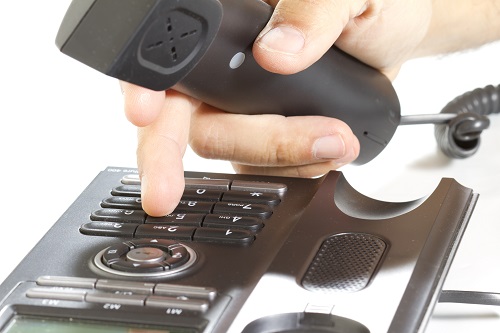
Did you know that your local phone number talks about you? Without even connecting with a customer, it tells them where you are located. At least, it used to before modern day telephony came along. However, the old rules of phone numbers can and should be important to you.
Area code
The first three numbers are your area code. Take Houston, for example. They have four area codes. The original, 713, is for phone numbers inside the beltway. The other three, 281, 832, 346, are for outside Beltway 8, but are also an overlay for the 713 area. However, the area codes tend to stay in a specific region of the city.
When you are shopping for a business phone number, find out your neighbors area code and follow suit. If a customer sees an area code they associate with the other side of town, they probably won’t call you.
Exchange code
Until 1960, you could ask the operator to connect you to an exchange sometimes including letters. IVanhoe-5555 would connect to the Ivanhoe Exchange who could then connect you to the 5555 number in their directory. Phone numbers became associated with a location because exchanges were hard-wired and the letters were translated to numbers. This led to ignoring the operator and just dialing the number on your own.
Again, look at your neighbors’ phone numbers. What are the first three numbers after the area code? Try to find a phone number which matches.
Station code
Also known as the Line Number or Subscriber Number, these four numbers are assigned to a residence or business. When cities were smaller than 10,000 and didn’t require an area code or an exchange code, you could dial these four numbers and reach someone in your area.
Why is this important?
It comes down to your location. Your phone number tells you the city (area code), region of the city (Exchange Code,) and residence or business in the city (Station Code.) These are important when purchasing a phone number from a virtual phone system like Halloo. You want your local customers to know you are in their neighborhood, area or city. Otherwise, you may have lost the call before it happens.
NOTE: If you want to learn more about the history of telephone numbers, check out the North American Numbering Plan on Wikipedia.
If you are interested in finding out more about local phone numbers for you business and other features including toll-free numbers, learn more at Halloo.